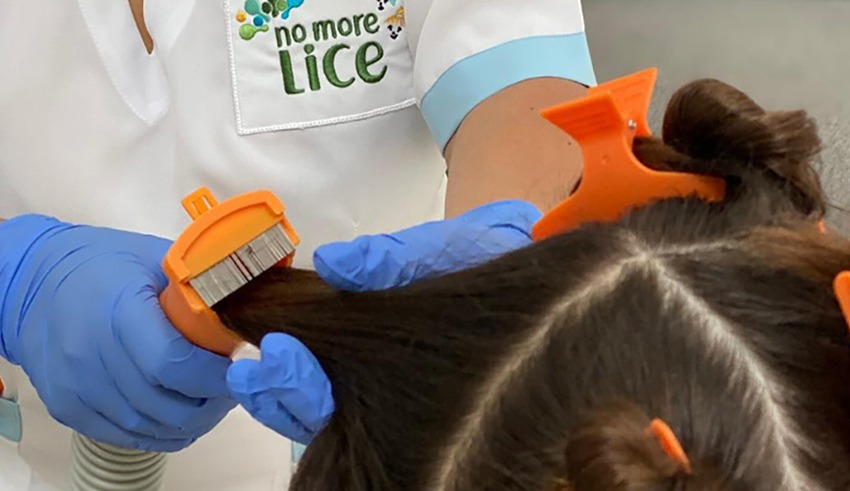Lice Myths Vs. Facts: What You Need To Know
Lice infestations are a common concern, particularly among school-age children, and they often give rise to numerous myths and misconceptions. These myths can lead to unnecessary panic, stigma, and ineffective treatments. To effectively manage lice infestations, it’s crucial to separate the myths from the facts. See over here to get info about lice treatment for kids.
Myth: lice prefer dirty hair:
Fact: Lice do not discriminate:
One prevalent myth is that lice infest only dirty hair. In reality, lice are equal opportunity parasites; they don’t discriminate based on cleanliness or personal hygiene. Lice are attracted to blood, not dirt. So, whether your hair is clean or not, you can still get lice if you come into contact with an infested person.
Myth: Lice can jump or fly:
Fact: Lice are wingless and cannot jump:
Contrary to popular belief, lice are wingless insects that lack the ability to jump or fly. They move by crawling, primarily from hair strand to hair strand. Lice can spread through direct head-to-head contact, making close interactions, such as children playing together, a common means of transmission.
Myth: You can get lice from pets:
Fact: Human lice are species-specific:
Lice are species-specific, which means human lice cannot infest pets, and pet lice cannot infest humans. The types of lice that infest humans are different from those that infest animals, so you cannot get lice from your pets, nor can your pets get lice from you.
Myth: Lice can be prevented by washing hair with special shampoos:
Fact: Lice-repellent shampoos are not foolproof:
While lice-repellent shampoos and products exist, they are not foolproof for preventing lice infestations. These products may help deter lice, but they do not guarantee absolute protection. The most effective way to prevent lice is by avoiding direct head-to-head contact and not sharing personal items that come into contact with the head.
Myth: Everyone with lice experiences intense itching:
Fact: Not everyone with lice experiences severe itching:
Although itching is a common symptom of lice infestation, not everyone experiences intense itching. In some cases, individuals may not have any noticeable symptoms, particularly during the early stages of an infestation. The level of itching can vary from person to person.




